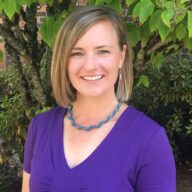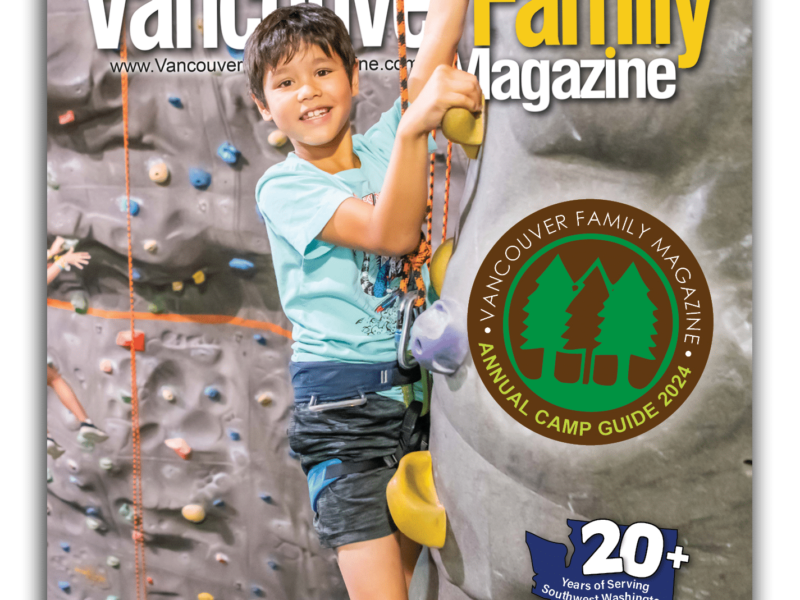
Confluence in the Classroom
As a student at Lake Shore Elementary, my husband still recalls a special field trip to Chief Lelooska museum in Ariel. He remembers sitting in awe as the dancers performed and how their masks opened and changed over and over again. He learned about traditions of local Indigenous tribes and listened to their stories. Most importantly, he realized that those stories were not just in the past—the people of the stories were right in front of him and part of his community. That was close to 30 years ago, but the experience left a lasting impression on him, connecting him to the heritage of the place he calls home. I am a transplant to Washington state, but one thing that stood out immediately upon my arrival here was the tribal influence in the everyday culture of Southwest Washington. I first noticed this influence in the names of cities and streets (that were hard to pronounce at first), but especially in the way Washingtonians take great pride in and respect their natural environment.
In addition to writing, I work as a paraeducator at Chinook Elementary in Vancouver, named after the Chinook tribe of our region. In recent months, Chinook, as well as other Vancouver Public School (VPS) elementaries, have benefited from an arts in education grant from Washington State Arts Commission (ArtsWA) to connect students with local Native American heritage. The grant provided funds for arts block teachers to receive training through Vancouver-based nonprofit Confluence whose mission is to “connect people to the history, living cultures and ecology of the Columbia River system through Indigenous voices.” “The teachers began with a Native-led professional development that prepared them to accurately integrate Native voices and perspectives into their arts-based curriculum,” explained Wendy Thompson, creative movement and PE teacher at Lake Shore Elementary. Thompson first heard about the grant opportunity from her work with The Arts Cadre of Educators of Washington. She applied for it on behalf of VPS and was awarded in spring 2021. The lessons for students coincide with the Washington state social studies curriculum “Since Time Immemorial” which states, “By learning about the traditions of the First Peoples of our place, not only do we learn about history, we learn how we can contribute to the survival and sustainability of our place.”
Read the rest of this article in the full digital issue below.






